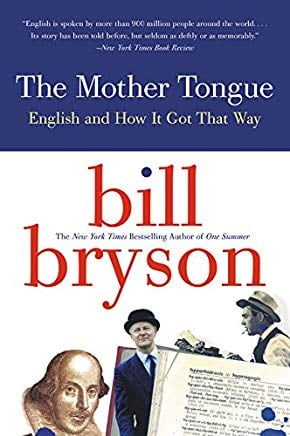Writers are typically instructed to write in the active voice because it leads to clear and engaging writing. But writing that uses the passive voice is often associated with vagueness and long-windedness. Consider and compare the following sentences:
- The surgeon severed the young girl’s carotid artery while he was performing surgery.
- The young girl’s carotid artery was severed during surgery.
What differences between the two sentences do you notice—aside from the fact that one of the sentences is written in the active voice and one is written in the passive voice? Which sentence do you think is clearer or more effective? And which one would you be more likely to use or write yourself?
Although we’re often instructed to avoid the passive voice like the plague in our writing, it does have its merits when used strategically and effectively.













